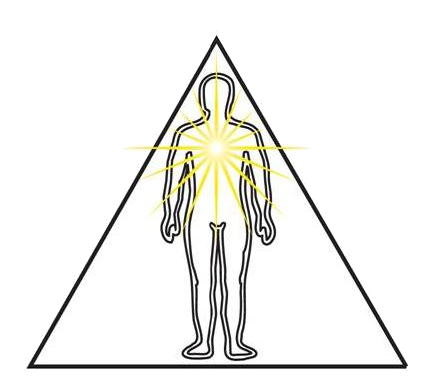Advanced Alternative
Medicine Center
320 Robinson Ave Newburgh, NY 12550
Serving All Your Heath Care Needs ... Naturally!
Gluten Intolerance - What Do I Need to Know?
 |
| Beginning a Gluten-Free Diet |
|
A strict gluten-free diet is the number one step in treatment of gluten intolerance and celiac disease. This is a big undertaking and yet it is critically necessary. Symptoms of these disorders will only resolve when gluten is removed from the diet. Even small amounts of gluten reactivate the disease-causing immune mechanism. Even 20 parts per million (ppm; a standard measure of concentration) can cause symptoms in a person who is gluten intolerant. |
Approximately 40% of Americans have the genetic potential to become gluten intolerant. More than 1% of Americans have celiac disease. In fact, this percentage may be a low estimate because most physicians are unfamiliar with the signs and symptoms of celiac disease, which can be a "great masquerader". Gluten intolerance and celiac disease are closely related. After repeated exposure to gluten, a person who is gluten intolerant may develop celiac disease. Gluten is a complex of proteins found in wheat, rye, and barley. The human digestive tract cannot break down gluten into its component amino acids, so gluten proteins persist in the gastrointestinal tract until they are excreted.
In susceptible individuals, the gluten proteins may be identified as "foreign" and their immune systems may launch a reaction against these non-self proteins. In such persons, including infants, children, teenagers, and adults, continued exposure to gluten may cause development of signs and symptoms of celiac disease.1-2
Wheat, rye, and barley comprise significant components of the Western diet. Almost all breads are made from one or more of these three grains. Cookies, cakes, bagels, muffins, pizza, and pasta are all gluten-containing foods. Additionally, gluten is found in vitamin pills, shampoo, toothpaste, household cleansers, and even prescription drugs. Wheat-based binders are often used in the manufacturing process of these articles. So gluten is literally everywhere.
A susceptible person's initial immune reaction to gluten persists with continued exposure. Eventually the immune reaction may damage the lining of the person's small intestine, leading to the classic symptoms of celiac disease - abdominal pain, constipation and/or diarrhea, and abdominal bloating. Intestinal damage causes these very unpleasant and debilitating symptoms and may also lead to additional serious diseases. Malnutrition is one of the major consequences of celiac disease.
Importantly, gluten intolerance may be related to a variety of serious disorders. Neuropsychiatric conditions such as autism, attention deficit hyperactivity disorder (ADHD), and schizophrenia may be associated with underlying gluten intolerance and celiac disease. Arthritic conditions such as rheumatoid arthritis, systemic lupus erythematosus (lupus), and psoriatic arthritis may be related to gluten intolerance. Endocrine conditions including diabetes, hyper- and hypothryroidism, and Addison's disease are often related to gluten intolerance and celiac disease. Infertility and frequent miscarriages may also be related to an underlying condition of gluten intolerance.
The takeaway is this. Gluten intolerance and celiac disease may be an underlying cause of serious medical conditions that have not been treated successfully. The key is considering gluten intolerance as an underlying cause and taking appropriate action. Patient knowledge and increased physician knowledge and awareness are crucial to correctly identifying a hidden problem.3
Your family chiropractor is an expert in nutrition and is trained to identify underlying causes of health problems. In addition, chiropractic treatment may help restore more normal and more effective immune system functioning. In cases requiring a holistic, multidisciplinary approach, chiropractic treatment is a crucial component.
Dr. Huntoon has a single mission:
To support as many people as possible in their quest for health and enable them to improve and maintain their health to the highest level possible, while educating them about the benefits of Chiropractic, Natural Healthcare and Holistic Living, so they in turn can teach others to support us having a healthy community.
Your Choice
- Continue doing the same thing and nothing changes or it may get worse
OR
- Try something different and get a different result that makes you happier and healthier.
Copyright 2014 Advanced Alternative Medicine Center

